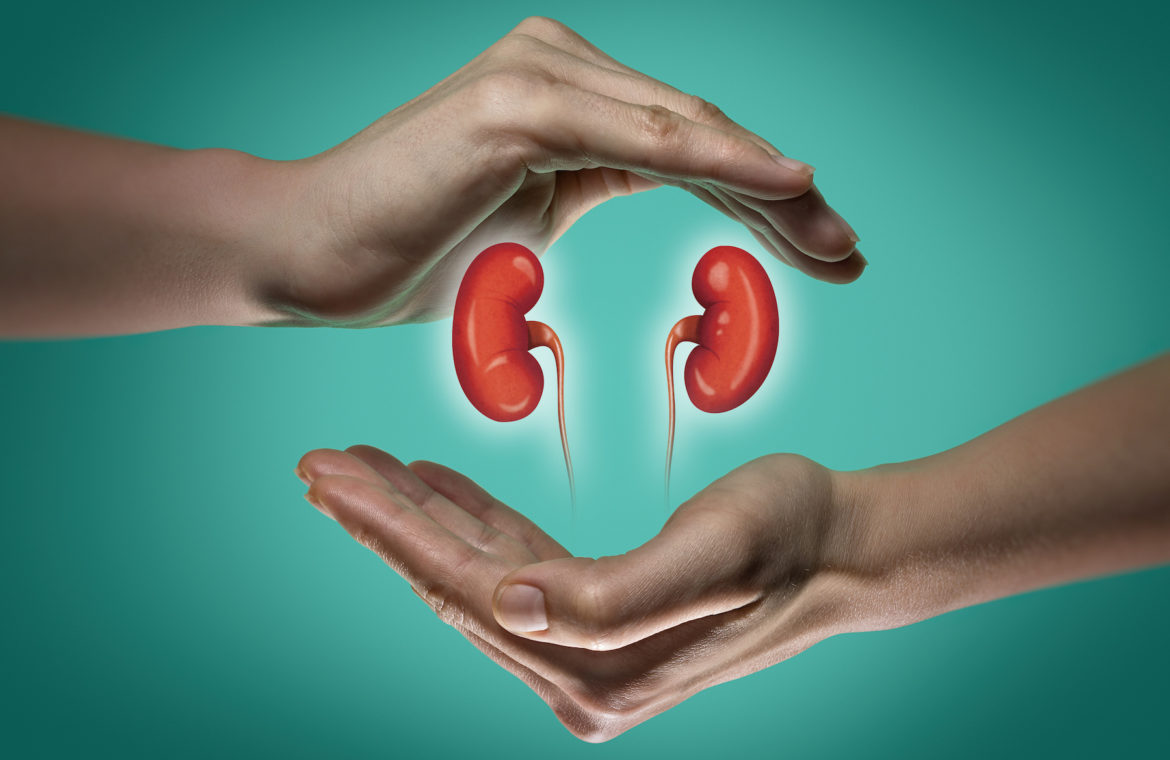Dialysis is recommended after developing kidney failure to help perform the important functions of the kidneys. It filters to blood to eliminate excess salts and water, as well as harmful wastes. Dialysis in Pompano Beach helps to purify the blood to keep electrolytes and fluids in a healthy balance.
5 Things to Know Before Dialysis in Pompano Beach
- If you are in end stage renal failure (ESRD) and your kidneys can no longer function on their own, you may be eligible for Medicare. This applies even if you don’t have health insurance or if your coverage does not include dialysis. Talk to your patient coordinator to learn more about your options when it comes to treatment expenses.
- Your diet will likely change. It’s important to work with a renal dietitian to learn more about consuming a healthy dialysis-friendly diet. They will help you understand which foods to avoid and which to consume more of while you are on dialysis. This helps ensure your treatment is as effective as possible.
- You have options, as there are difference types of dialysis. Your kidney doctor will work with you to determine the best type of dialysis for you – hemodialysis or peritoneal dialysis. While receiving dialysis, you may be able to work and / or travel. You may even be a good candidate for home hemodialysis. This allows you to have greater flexibility and independence while undergoing treatment.
- Treatment takes about four hours, and you will likely need several treatments per week if your doctor recommends hemodialysis. For peritoneal dialysis, you may need continuous ambulatory peritoneal dialysis (CAPD) multiple times daily. Automated peritoneal dialysis (APD) works while you sleep at night.
- Let your kidney specialist know if you have any changes in your health during treatment. There are certain risks associated with dialysis. Due to the repeated use of needles and / or catheters, hemodialysis patients have a greater risk of infection. Additionally, they are at a higher risk of frequent hospitalization and / or surgery, and often have weakened immune systems.
If you have any questions about your treatment, be sure to talk to your dialysis care team. As a patient, you have the right to understand and take control of your treatment plan. Find a kidney doctor you feel comfortable with, and be your own advocate.

